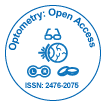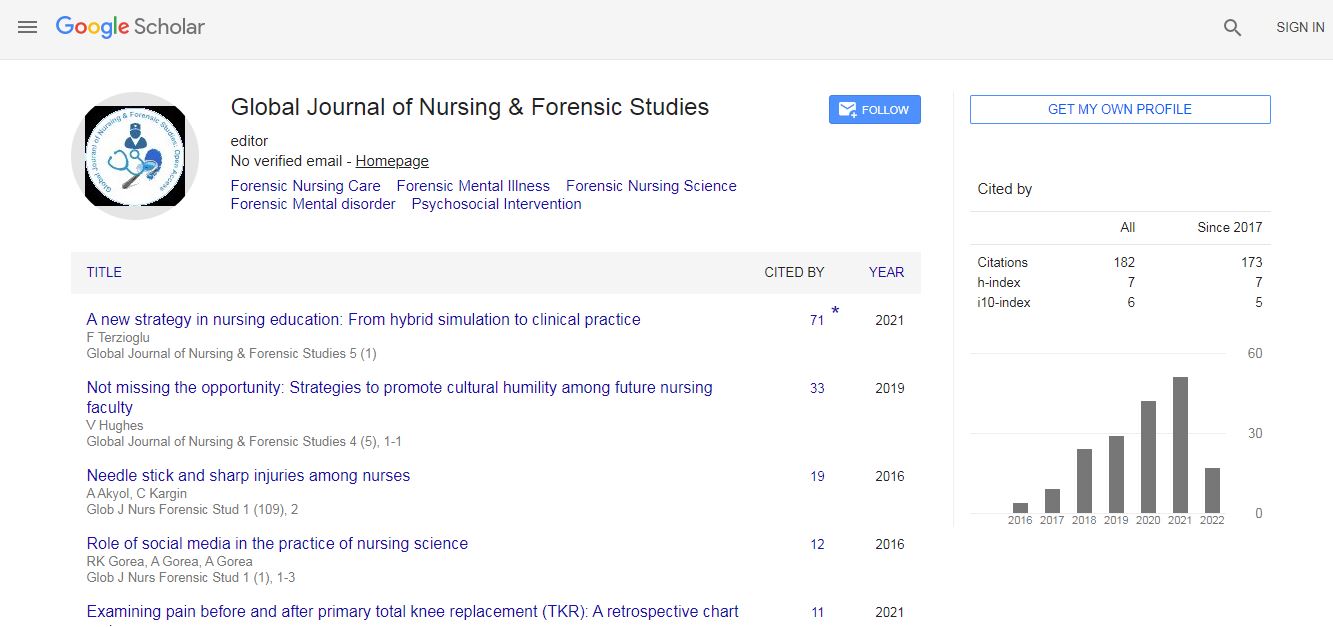Our Group organises 3000+ Global Events every year across USA, Europe & Asia with support from 1000 more scientific Societies and Publishes 700+ 91勛圖 Journals which contains over 50000 eminent personalities, reputed scientists as editorial board members.
91勛圖 Journals gaining more Readers and Citations
700 Journals and 15,000,000 Readers Each Journal is getting 25,000+ Readers
Citations : 82
Indexed In
- Google Scholar
- RefSeek
- Hamdard University
- EBSCO A-Z
- Euro Pub
- ICMJE
Useful Links
Recommended Journals
Related Subjects
Share This Page
Application of induced pluripotent stem cell-derived retinal pigment epithelium cells in regenerative medicine
5th International Conference on Ophthalmology & Eye Surgery
Laila M. Montaser
Menoufia University, Egypt
Keynote: Optom 91勛圖
Abstract
Statement of the problem: Regenerative medicine has received great attention as a new strategy for injuries and diseases that are difficult to treat using current methods. Cell production, which is vital for regenerative medicine, has seen remarkable progress through breakthroughs in evolutionary biology and tissue engineering; currently, cell production requires many experimental operators who perform small-scale manual cell cultures. Technological developments are required to overcome this, including automation rather than manual culture. The purpose is to highlight the developing automated cell culture systems that feature a completely closed configuration with the aim of helping regenerative medicine enter widespread use. Methodology & Theoretical Orientation: The practical application of automated cell culture systems in the production of cells is essential for medical use. Development of a robotic AI system that autonomously induces the differentiation of induced Pluripotent Stem Cell-derived Retinal Pigment Epithelial (iPSC-RPE) cells. The system replaces the manual operations involved in cell culture with robotic arms. Findings: Induced Pluripotent Stem Cells (iPSCs) can be differentiated into different retinal lineage cells, including Retinal Pigment Epithelium cells (RPEs) and Retinal Ganglion Cells (RGCs), which may show therapeutic effects in Age-related Macular Degeneration (AMD) and glaucoma, respectively. The use of autonomous robotic AI systems accelerates systematic and unbiased exploration of experimental search space, suggesting immense use in medicine and research. The harness of cells and tissue produced from iPSCs may successfully treat a number of otherwise difficult-to-treat diseases. Conclusion: The field of regenerative medicine is entering a new phase of practical application in which iPSCs provide the basis for a variety of revolutionary new treatments for previously difficult-to-treat diseases. If automated cell culture techniques can be used to mass produce the cells at lower cost with stable quality, more patients could have access to regenerative medicine therapies.Biography
Laila M. Montaser MD is a distinguished Prof. of Clinical Pathology, Chair Stem Cell, Regenerative Medicine, Nanotechnology and Tissue Engineering (SRNT) Research Group. She served as the Chair, Founder leader of Clinical Pathology Department, Faculty of Medicine, Menoufia University, Egypt. She is an internationally recognized stem cell technology and regenerative medicine professional is a transformational leader and original thinker who are responsive to change. She has key competence in stem cell technology and regenerative medicine policy reinforced by global level and international experience in research, formulation and capacity building. She gained three Awards: Medal of Merit for the ideal Doctor from Egyptian Medical Syndicate in 1986, 1998 and 2002. In the era of COVID-19, she was awarded forty one certificates of appreciation for successfully presenting 53 Global Webinars 43/53 (80.1%) for outstanding contribution to the commitment to provide continuing education to the international community from her home office.

